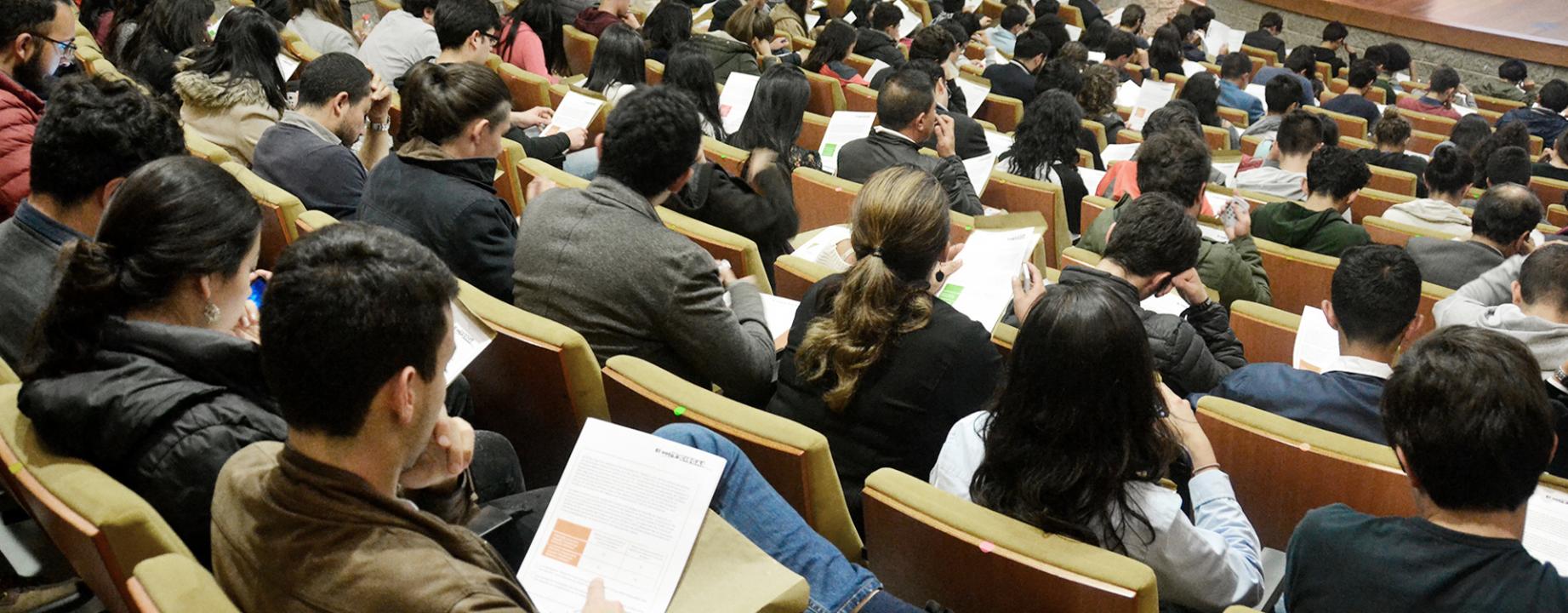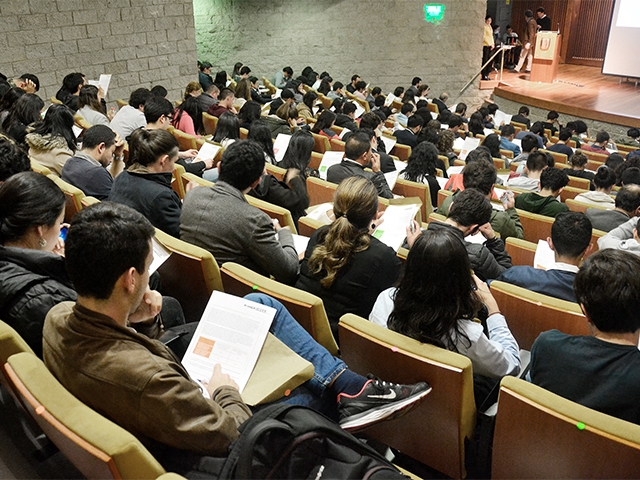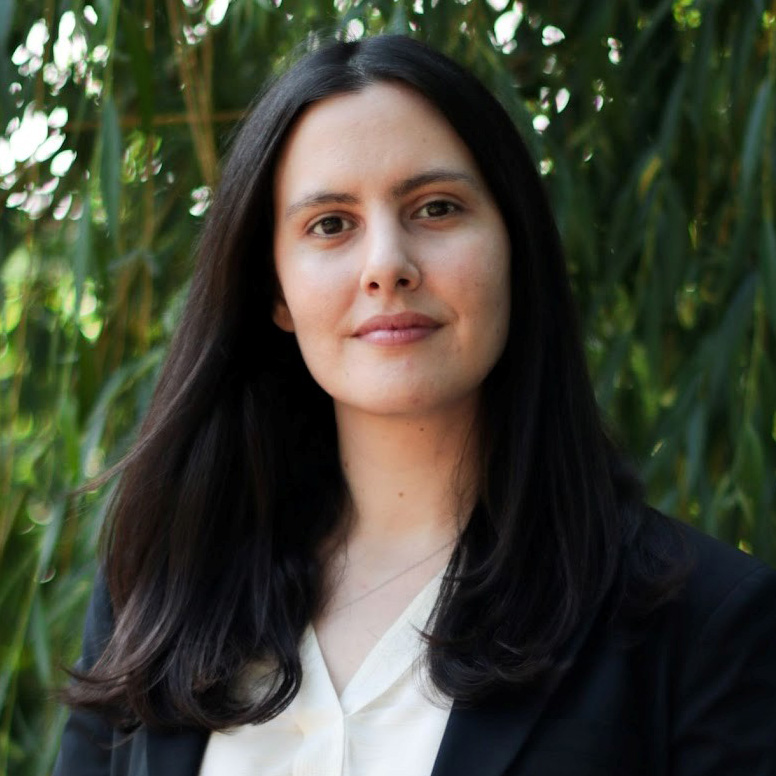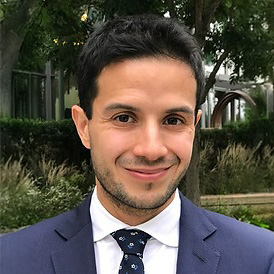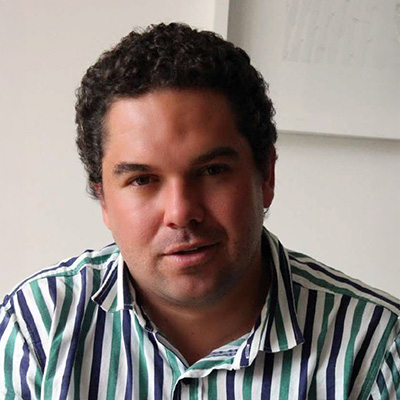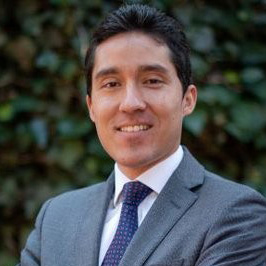Ver agenda Facultad de Economía | Ver en Google

Jueves 19 de febrero | 12:30 p.m. | W-101
Presenta: Michele Di Maio - Sapienza University of Rome (Italy).
Coautores: Emanuele Brancati, Roberta Gatti, Asif Islam.
Under pressure: Global evidence on conflict and firms
This paper provides the first global analysis of the impact of conflict exposure on firm performance, combining geolocalized longitudinal firm-level data with information on political violence events across 89 countries between 2006 and 2019. Our results show that higher conflict exposure leads to declines in both sales and total costs, resulting in no significant effect on profits for surviving firms. The reduction in sales is driven by lower output, which reflects conflict-induced shortages of raw materials and production inputs, as well as increased informal competition. Firms respond to declining sales by adjusting labor costs, substituting skilled workers with unskilled ones. The negative effects of conflict on firms are more pronounced in countries that are more involved in international trade, have weaker institutions, infrastructure, and financial development, were initially at peace, or are characterized by more spatially diffuse conflict. In these settings, greater conflict exposure leads to reductions in both sales and profits.

Jueves 19 de febrero | 12:30 p.m. | W-101
Presenta: Emanuele Brancati - Sapienza University of Rome (Italy).
Coautores: Francesco Amodio, Nicolás de Roux, Michele Di Maio.
Labor Market Institutions and Wage-Setting Power: Evidence from Latin America and the Caribbean
We measure firms’ wage-setting power in 16 Latin American and Caribbean countries. Exploiting variation in firms’ exposure to trade and exchange rates, we generate shocks to labor demand to trace out firm-level labor supply curves and quantify labor market power. We estimate an inverse labor supply elasticity of 0.82, implying that workers receive 55 cents per additional dollar produced. Wage-setting power is significantly higher among firms in countries with lower union density, limited collective bargaining, and no unemployment protection. This underscores the role of labor market institutions in shaping firms’ wage-setting power and the distribution of the gains from trade.

Jueves 26 de febrero | 12:30 p.m. | W-101
Presenta: Andrés Ham - Universidad de los Andes.
Coautores: Juanita Ruiz-Contreras, Andrea Velásquez.
When Violence Hits Home: Labor Markets and Household Responses in a Transit Country
We examine the effects of drug-related violence on household choices in a transit country in the global cocaine trade. Using a shift-share instrumental variables strategy that interacts temporal variation in Colombian coca production with cross-sectional municipal connectivity in Honduras, we find heterogeneous impacts on men, women, and children. Rising homicide rates reduce male labor force participation, especially among self-employed and informal workers. For women, violence increases household work and lowers self-employment wages, reflecting a shift to low-productivity activities. For children, violence raises school attendance and reduces work, consistent with schooling as a protective response. These findings demonstrate that drug-related violence disrupts labor markets and reshapes time allocation within households, underscoring the broader consequences of drug-related violence in transit countries.
Jueves 5 de marzo | 12:30 p.m.
Por confirmar
Presenta: Fernando Fernandez - Universidad de los Andes
Jueves 12 de marzo | 12:30 p.m.
Por confirmar
Presenta: Rakesh Vohra
Jueves 26 de marzo | 12:30 p.m.
Por confirmar
Presenta: Miguel Espinosa
Jueves 9 de abril | 12:30 p.m.
Por confirmar
Presenta: Rachid Laajaj - Universidad de los Andes
Jueves 16 de abril | 12:30 p.m.
Por confirmar
Presenta: Sebastián Montaño - Universidad de los Andes
Jueves 23 de abril | 12:30 p.m.
Por confirmar
Presenta: Oscar Becerra - Universidad de los Andes
Jueves 30 de abril | 12:30 p.m.
Por confirmar
Presenta: Ursula Mello
Jueves 7 de mayo | 12:30 p.m.
Por confirmar
Presenta: Nicolás González
Jueves 14 de mayo | 12:30 p.m.
Por confirmar
Presenta: Sebastián Otero
Jueves 21 de mayo | 12:30 p.m.
Por confirmar
Presenta: Juan Escobar
